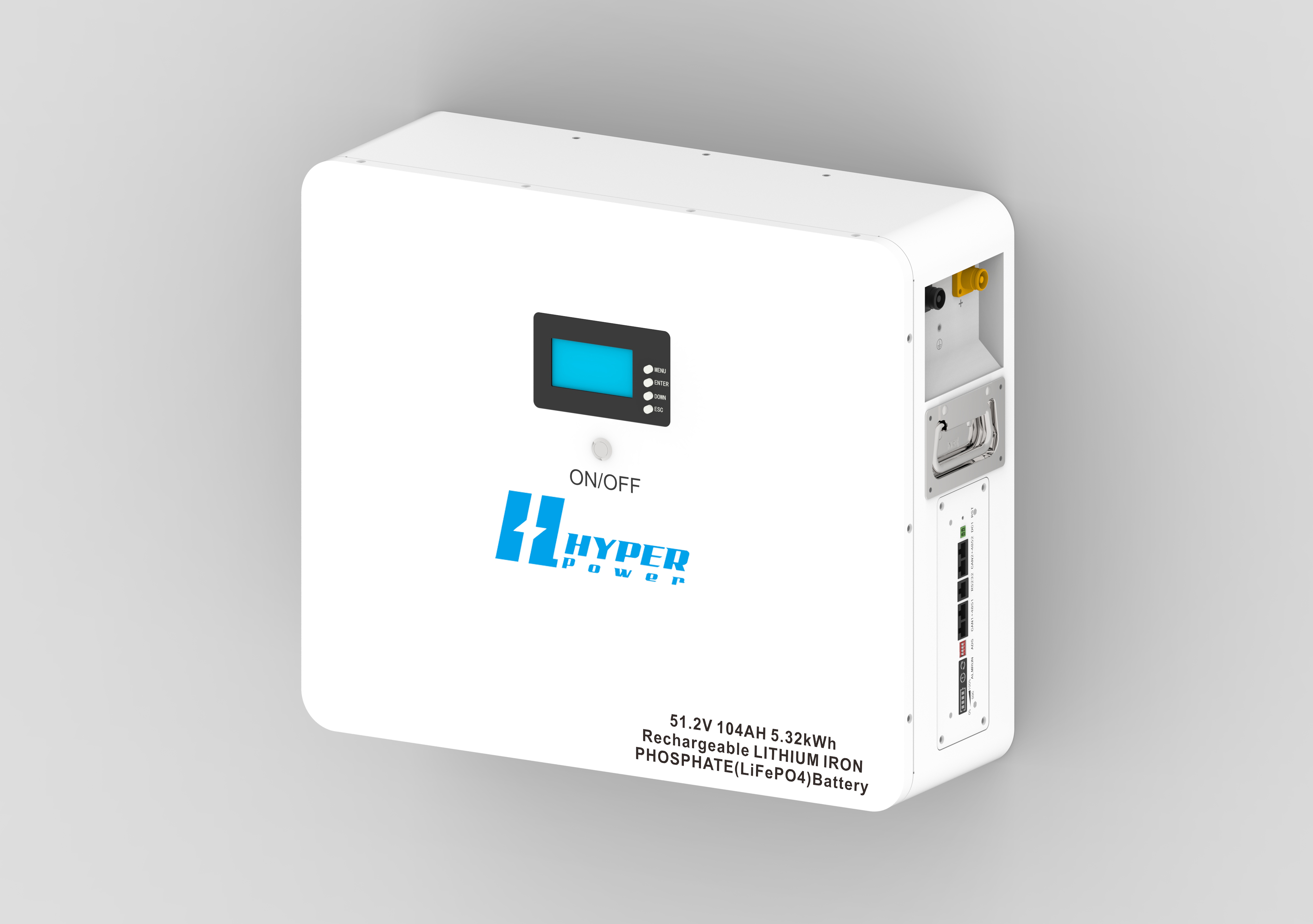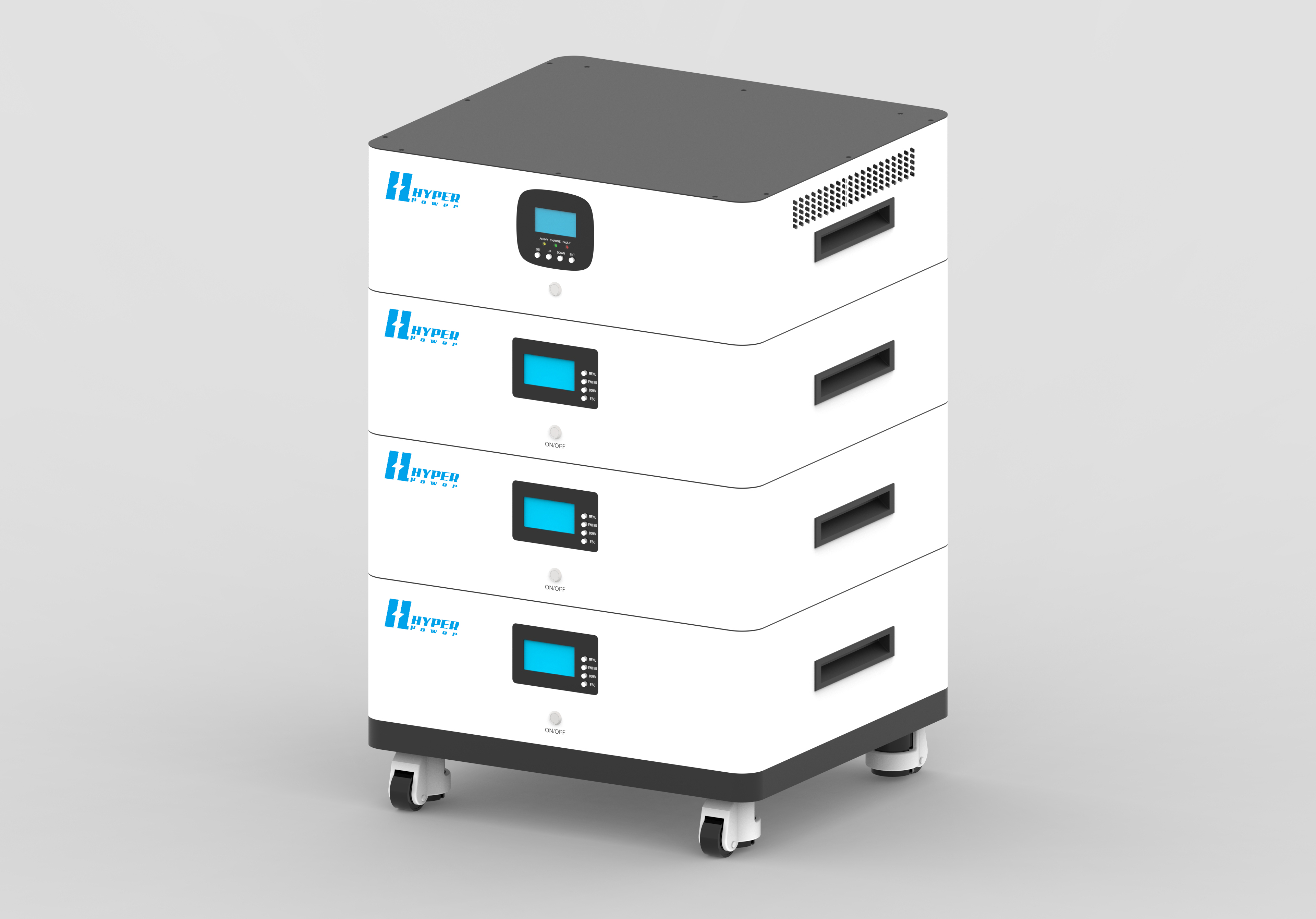
Commercial and Industrial Energy Storage Application
As the energy landscape evolves, commercial and industrial sectors are increasingly adopting energy storage solutions to optimize operations, reduce costs, and enhance energy security. Lithium batteries have become a key component in this shift, offering scalable and efficient energy storage that supports a wide range of applications. In this blog post, we will explore the various ways in which lithium batteries are being utilized in commercial and industrial energy storage, along with the benefits and considerations of implementing these systems.
What is Commercial and Industrial Energy Storage?
Commercial and industrial (C&I) energy storage refers to large-scale systems designed to store electricity for later use. These systems are typically integrated with renewable energy sources like solar or wind, or used to manage energy loads more efficiently by storing power during off-peak times and discharging it during peak demand. Lithium-ion batteries, due to their high energy density, long cycle life, and declining costs, have become the preferred technology for these applications.
Key Applications of Lithium Batteries in C&I Energy Storage
-
Peak Shaving and Load Shifting: One of the primary applications of lithium batteries in C&I energy storage is peak shaving. This involves using stored energy during periods of high demand to reduce the peak load on the grid, thereby lowering energy costs. Similarly, load shifting allows businesses to shift their energy consumption from high-cost periods to lower-cost times, optimizing energy use and reducing electricity bills.
-
Backup Power Supply: For industries where power reliability is crucial, such as manufacturing, healthcare, and data centers, lithium batteries provide a reliable backup power source. In the event of a grid outage, these batteries can supply power to critical systems, ensuring continuity of operations and preventing costly downtime.
-
Renewable Energy Integration: As more businesses integrate renewable energy sources like solar and wind into their energy mix, lithium batteries play a critical role in managing the intermittent nature of these resources. By storing excess energy generated during peak production times, these batteries ensure a steady power supply even when the sun isn’t shining or the wind isn’t blowing.
-
Demand Response and Energy Arbitrage: Lithium battery systems can participate in demand response programs, where businesses reduce or shift their energy use during peak periods in response to signals from the utility. Additionally, energy arbitrage allows companies to purchase electricity when prices are low, store it, and sell it back to the grid or use it when prices are high, creating new revenue streams.

Benefits of Lithium Batteries in C&I Applications
-
High Efficiency and Fast Response: Lithium-ion batteries offer high round-trip efficiency, meaning that most of the energy stored can be recovered and used. Their fast response times make them ideal for applications like frequency regulation and grid stabilization.
-
Scalability: Lithium batteries can be easily scaled to meet the energy needs of different commercial and industrial applications. Whether for small businesses or large industrial complexes, these systems can be customized to provide the necessary storage capacity.
-
Long Lifespan and Low Maintenance: Modern lithium-ion batteries are designed to last for many years with minimal maintenance, making them a cost-effective solution for long-term energy storage.
-
Environmental Impact: By facilitating the integration of renewable energy sources and reducing reliance on fossil fuels, lithium battery energy storage systems contribute to reducing carbon emissions and promoting sustainability in commercial and industrial operations.
Considerations for Implementing Lithium Battery Storage Systems
-
Initial Investment: While the costs of lithium batteries have decreased significantly, the initial investment for a large-scale energy storage system can still be substantial. Businesses need to consider the long-term savings and potential revenue streams when evaluating the return on investment.
-
Safety and Regulatory Compliance: Lithium batteries, while generally safe, require proper management and installation to prevent risks such as thermal runaway. Compliance with local regulations and standards is essential to ensure the safe operation of these systems.
-
Integration with Existing Infrastructure: Ensuring that the energy storage system is compatible with existing energy management systems and infrastructure is crucial for seamless integration and optimal performance.
-
Maintenance and Monitoring: Regular maintenance and monitoring are necessary to ensure the longevity and efficiency of lithium battery systems. Advanced monitoring tools can help predict potential issues and optimize performance.
Lithium batteries have revolutionized commercial and industrial energy storage, offering a versatile and efficient solution for managing energy use, integrating renewable resources, and ensuring power reliability. As businesses continue to seek ways to optimize their operations and reduce costs, the adoption of lithium battery storage systems is expected to grow. By understanding the benefits and considerations of these systems, companies can make informed decisions that support their energy strategies and sustainability goals.
If you’re considering implementing a lithium battery energy storage system for your business, consult with a specialized provider to design a solution tailored to your specific needs and objectives.



